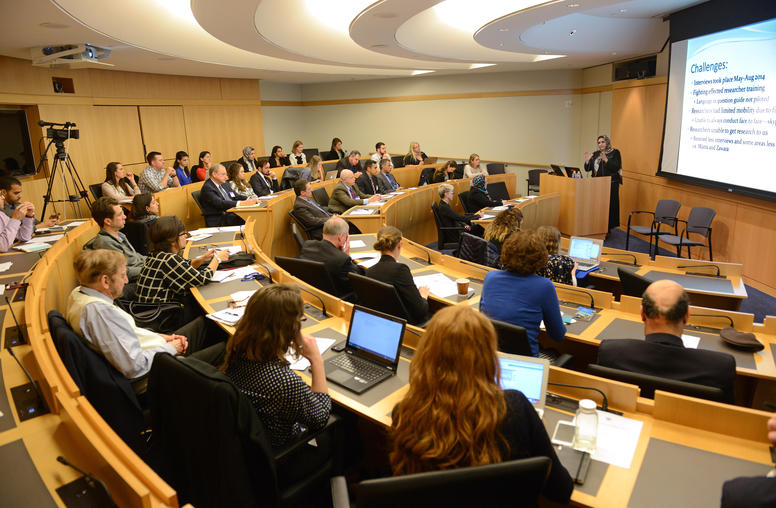The Religious Landscape in Myanmar’s Rakhine State
This Peaceworks report maps the religious landscape of Myanmar’s Rakhine State, focusing in particular on the current and potential influence of religion in peace and reconciliation efforts. Part of a broader USIP initiative to map the religious landscape in conflict-affected environments, it presents key findings and offers recommendations to enable policymakers and peacebuilding practitioners to better navigate and engage within Rakhine’s religious landscape.

Summary
Conflict dynamics in Myanmar’s Rakhine State are deeply rooted in a complex and traumatic history of violent confrontation with expansionist powers, making international and union-level engagement on peace and conflict issues particularly sensitive. Rakhine’s recent conflicts and humanitarian crises can be understood as an intersection of numerous grievances—many of which are not explicitly religious. Interethnic tensions, economic inequalities, and political drivers all contribute to violent conflict.
To date, few influential religious leaders and religious social service networks have been engaged by aid, policymaking, and peacebuilding actors—whether national or international. This lack of engagement has sustained pervasive mistrust of the international community at all levels of Rakhine society. Key opportunities to build trust with the religious sector include engaging religious actors in consultations, needs assessments, and aid distributions and providing dispute resolution training to religious leaders across all communities.
International nongovernmental organizations need to be sensitive to the concerns that religious actors and networks have about engaging with them on social issues. When engaging with religious actors in programming, it is essential to bear in mind that though religious figures and networks may be able to influence community perspectives and attitudes, they rarely have the power to enforce broad behavior change. Furthermore, ordination is not essential to religious influence in Rakhine (and in Myanmar more broadly). The elderly and members of local religious committees and networks, including women’s and youth groups, are regularly cited as sources of religious influence despite their being lay persons.
About the Report
This report examines the ways in which religious actors, networks, and organizations in Myanmar’s Rakhine State navigate and influence local conflict and peace dynamics. The research was supported by the United States Institute of Peace and the Bureau of Conflict and Stabilization Operations at the U.S. Department of State.
About the Author
Melyn McKay is a research anthropologist at the University of Oxford. Her work explores women’s participation in religious and nationalist movements in Myanmar. For nearly a decade, she has designed and implemented qualitative research in complex environments including Syria, Lebanon, Burundi, and South Sudan. Susan Hayward, a senior advisor for religion and inclusive societies at USIP, and two local lead researchers, who for reasons of security are unnamed, also contributed to this report.




